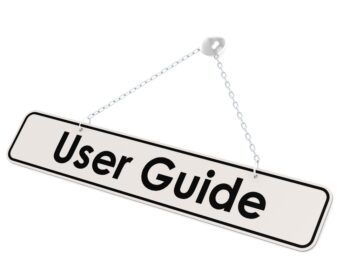Information is the most essential ingredient in work comp claim management, but from where does information originate? The employer tends to see itself as a source of information more than a recipient, believing, or hoping, the carrier will make all necessary efforts to gather useful facts – but is the carrier doing its job? The answer is a phone call away. Carriers are equipped to obtain information contained on mandatory forms, such as reports of injury, and to a lesser extent, information obtained by investigators. But, what about information appearing unannounced and unexpected? That is the sort of information which is often the game changer in difficult claims, especially those involving fraud or undue exaggeration of the disability. Such information comes from sources close to a worker – co-workers, acquaintances, neighbors and relatives – who are understandably cautious in reporting suspicious behavior but sufficiently upset by it to make an effort to report it. A single phone call from such sources can save an employer hundreds of thousands of dollars — but only if the phone call gets through. Social Security and the IRS go to great lengths to move such calls into dedicated hot lines but does an employer's carrier? An employer should find out by making a call to its carrier, avoiding the inside numbers and calling on the general numbers found on websites or in phone books – the very places an unconventional source will seek them. What usually follows will in most cases leave a employer troubled, especially if it has a suspicious claim in progress. Carriers, for nearly two decades, have relied on phone systems designed to delay a caller from reaching a live employee. Even then, it is usually an operator who directs the call to an answering machine were a recorded message informs the caller to leave a name, phone number and purpose of the call someone will call back. An employer should test how long it takes to receive a call back when the caller is identified as someone who "has important information" and is reluctant to leave a full name. Most callers with sensitive information are reluctant to do even that much, preferring to hang up as soon as they are connected to an answering machine. If the employer leaves a name and phone number on an answering machine and never receives a return call the employer is only experiencing the same reception given to the most valuable calls. An employer, therefore, must consider itself the guardian of its claim info and take special steps to see that it is transmitted to, and acted on, by proper units within a carrier. If the claim has been in progress and the carrier has appointed counsel then counsel should also be copied, with a request that counsel call the employer to discuss the info. (workersxzcompxzkit) An employer should not hesitate to request a conference with the claims supervisor to discuss unanswered calls or ignored claim material. Nor should an employer be kept distant from the "carrier's" attorneys. (The attorney's primary client is always the employer – not the carrier – even when the attorney is selected by the carrier.) Author: Attorney Theodore Roncais a practicing lawyer from Aquebogue, NY. He is a frequent writer and speaker, and has represented employers in the areas of workers' compensation, Social Security disability, employee disability plans and subrogation for over 30 years. Attorney Ronca can be reached at 631-722-2100. We accept articles on WC cost containment. Contact us at: Info@WorkersCompKit.com.
Do not use this information without independent verification. All state laws vary. You should consult with your insurance broker about workers' comp issues.


























